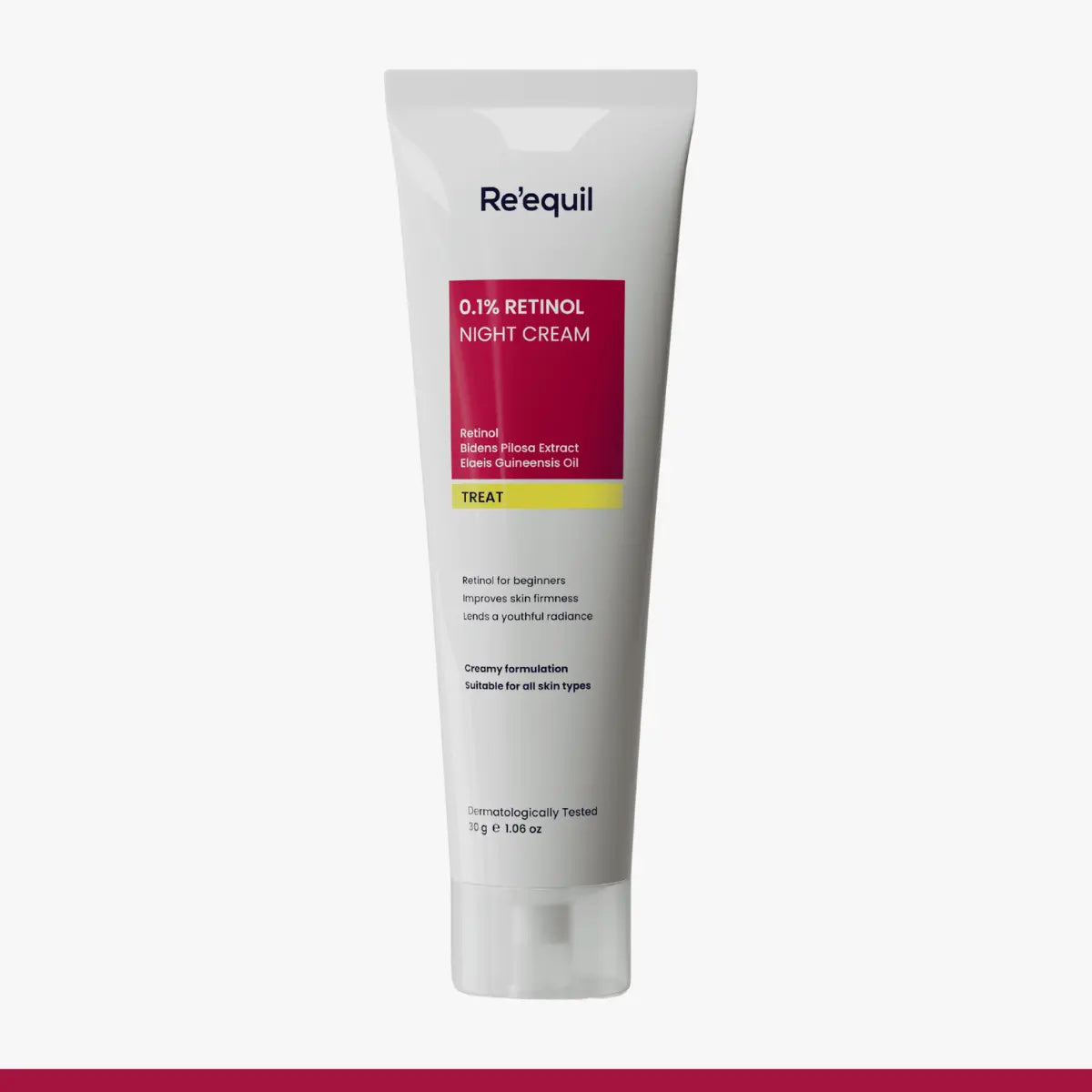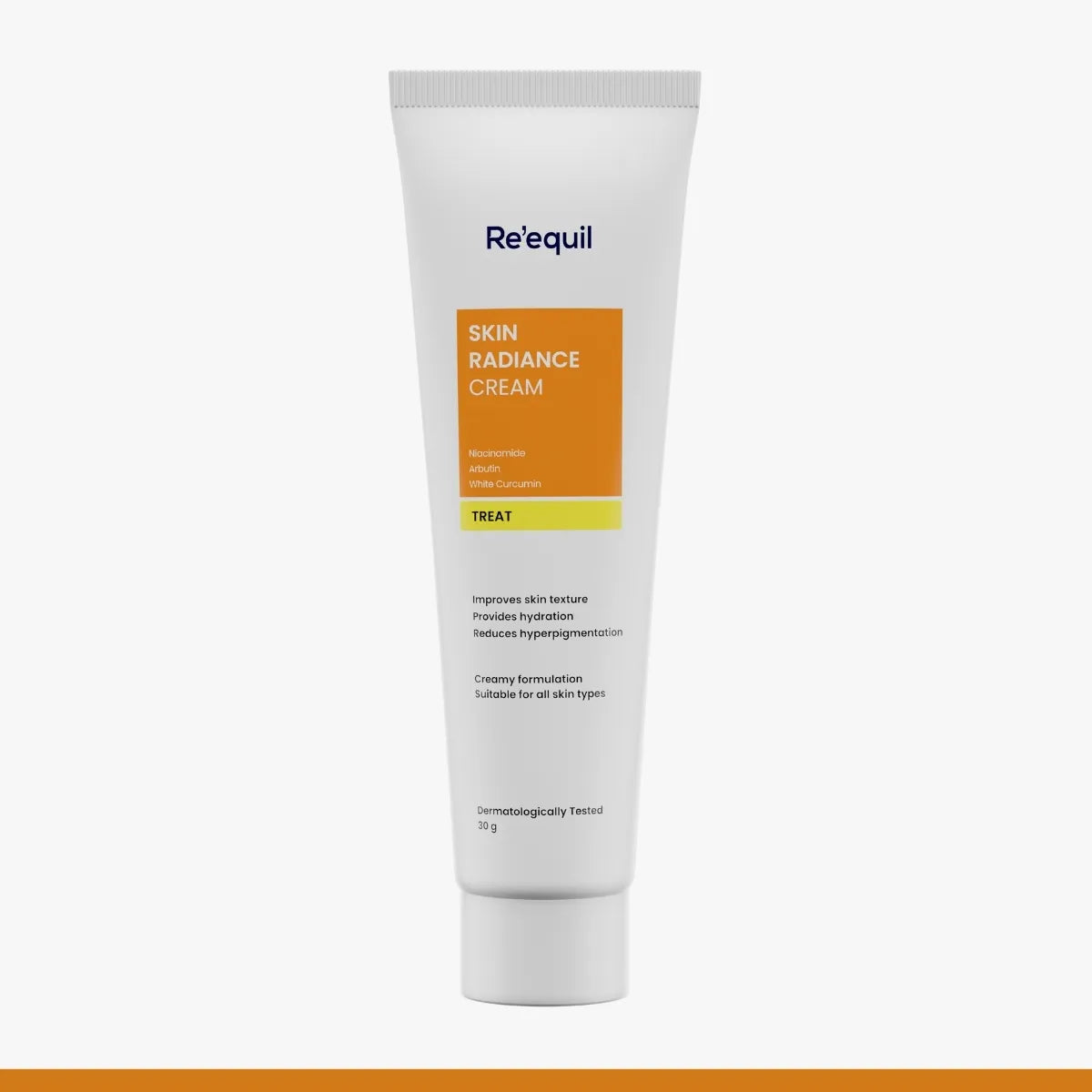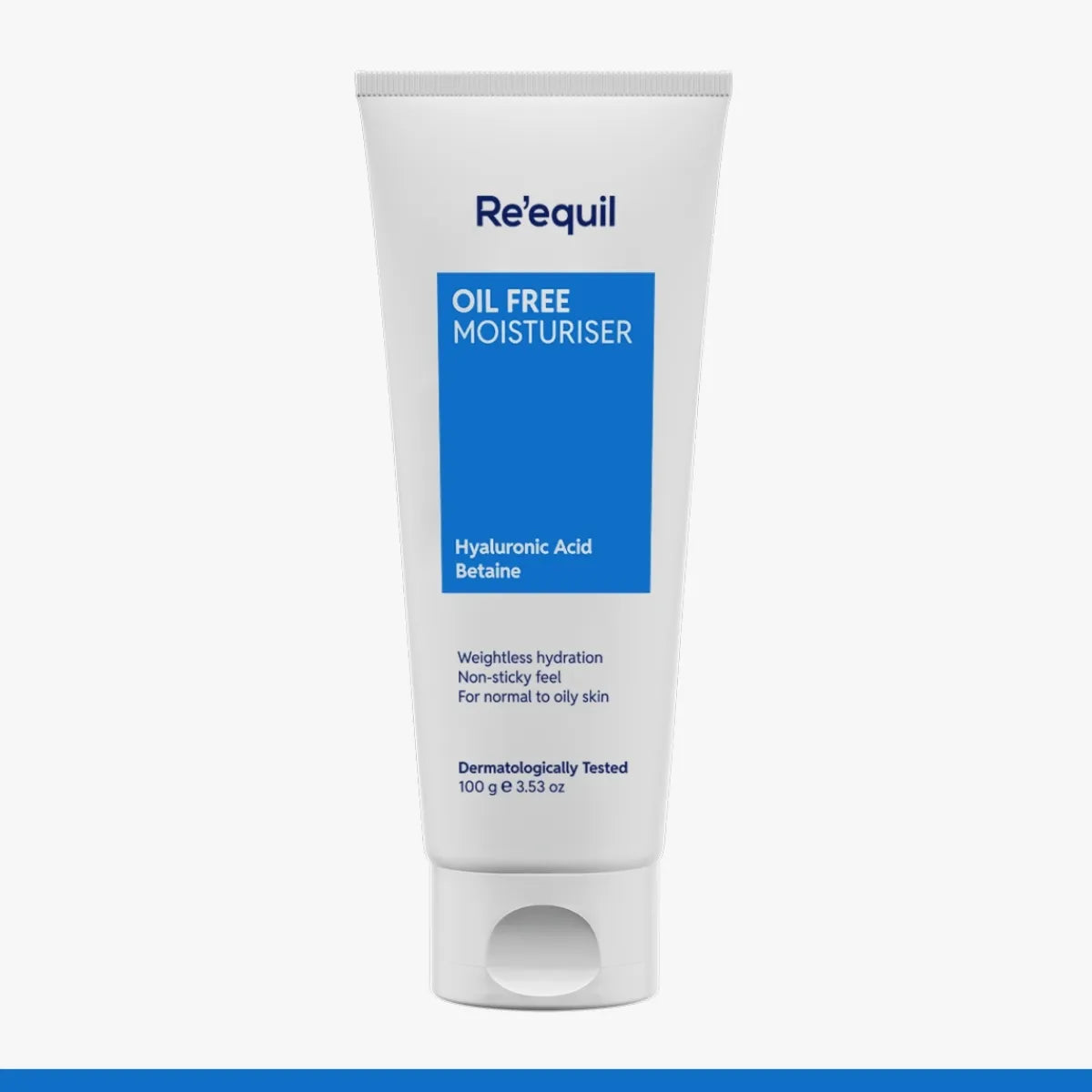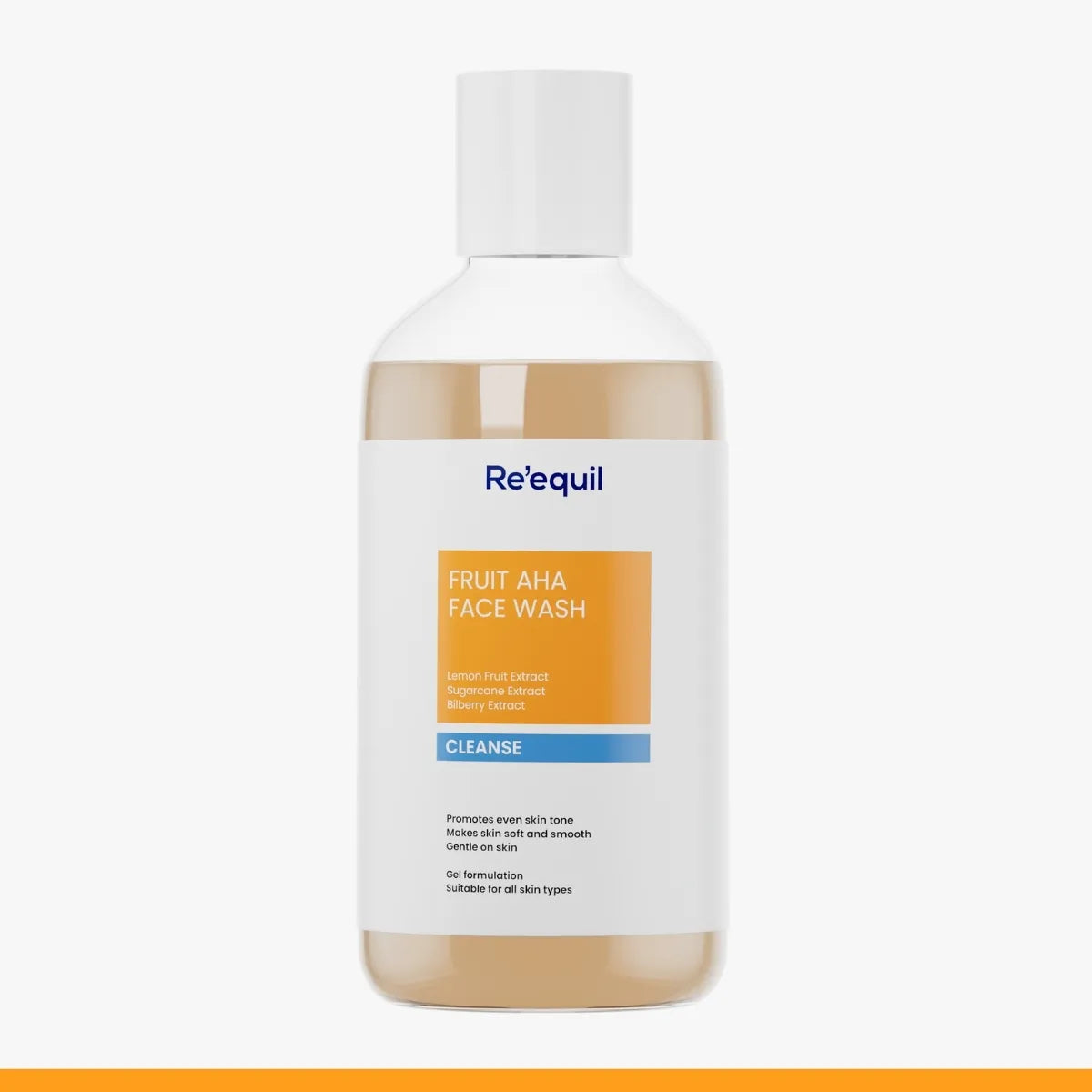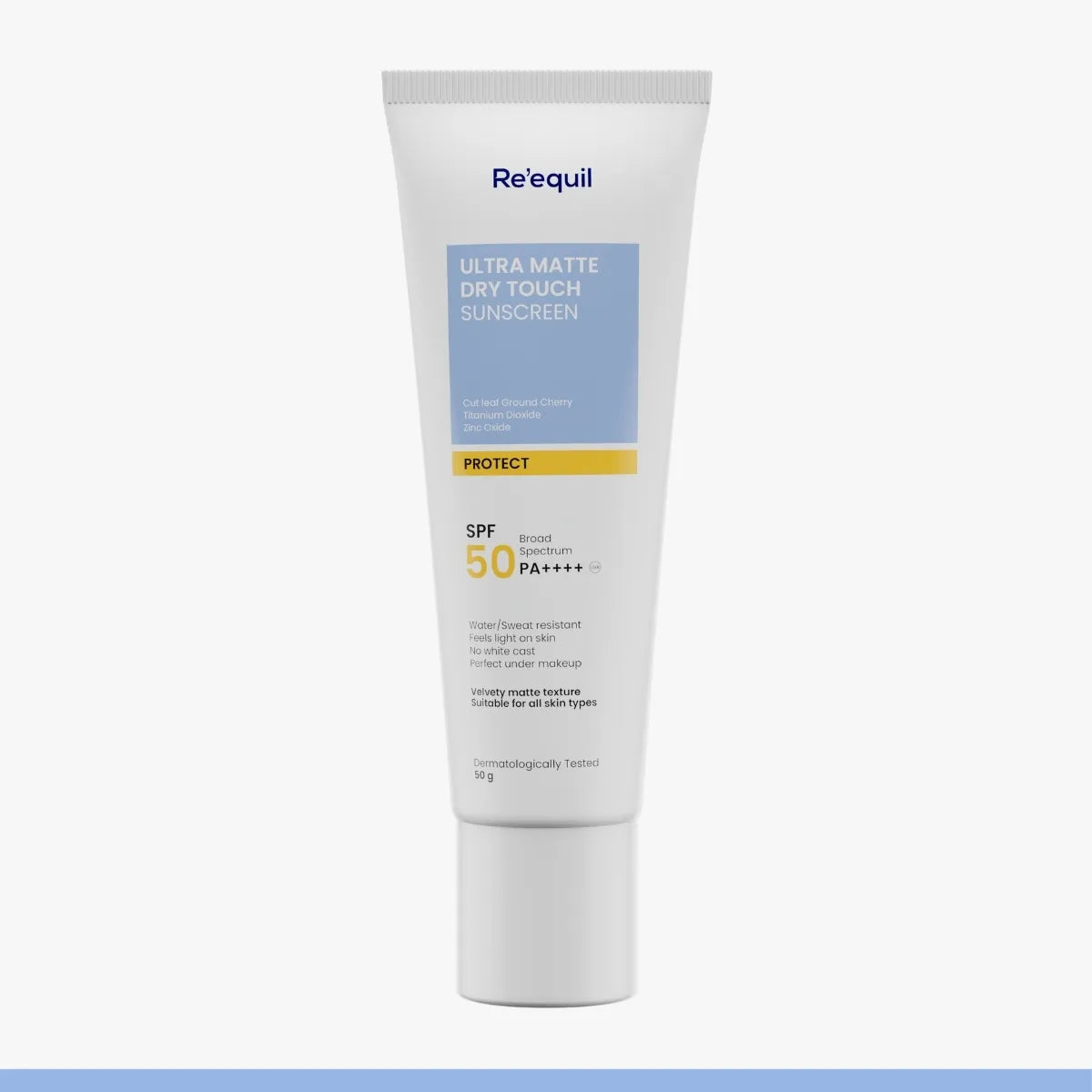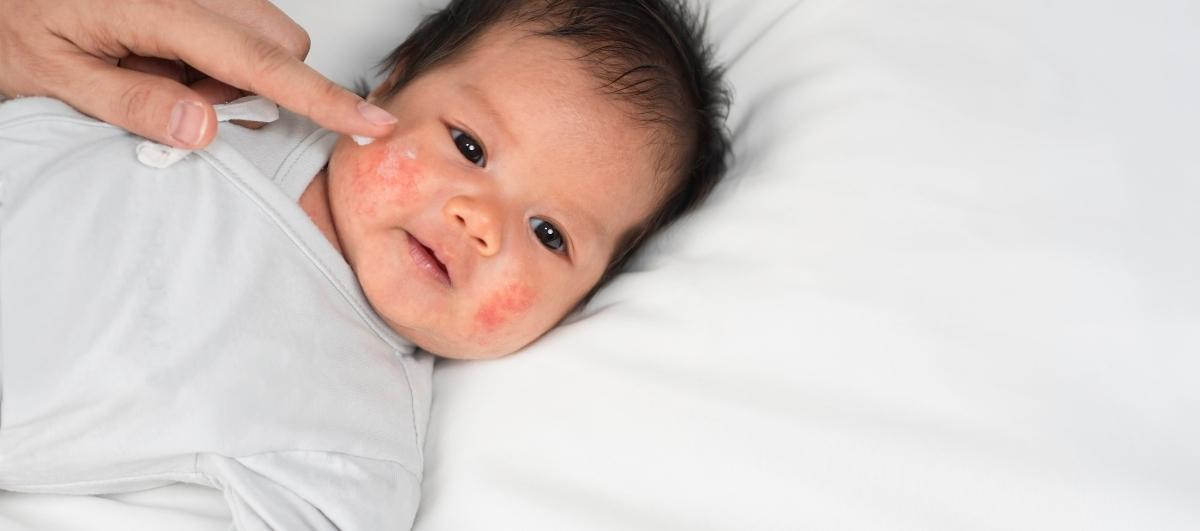It is almost impossible for kids to make it through their childhood without getting at least diaper rashes, heat rashes, viral rashes.
Now, while rashes are no cause for concern most times, watch out for those that come and go or chronic ones. Eczema or Atopic Dermatitis is a condition affecting many kids for various reasons. While it's not life-threatening, it can cause itching, irritation, and discomfort.
Eczema happens for various reasons, and it is often characterized by dry, rashy, and itchy skin. It is not contagious, and many children outgrow it. But as it can cause discomfort and affect a child's quality of life, many parents often seek relief. Read on to learn about the causes of this condition and how to manage it at home.

Top 5 causes of atopic dermatitis in kids
The exact cause of eczema is unknown. However, researchers believe that a combination of genes and environmental triggers can lead to this problem. Here are some things that can cause eczema.
1. History of eczema in family members
Your child is more likely to have eczema if there are family members who've had the condition.
A study conducted in 2015 concluded that there is a 75% chance of inheriting atopic eczema.
Note that genes play an essential role in determining genetic mutations. Each person has two gene copies, one from each parent. Therefore, a child may inherit mutated genes from their parents, which increases the likelihood of developing eczema.
2. When kids' immune system is not fully developed
If your child's immune system hasn't developed fully, it can affect the level of protection the skin offers. If the protection is low, it puts them at risk of developing eczema.
Also, note that the immune system is designed to react to dangerous triggers. But, if it overreacts and gives an exaggerated response, one may experience an eczema flare.
3. Food allergies can trigger or worsen existing symptoms of eczema
Some foods can trigger eczema or worsen the symptoms of already present eczema. Symptoms can occur immediately, hours, or days after eating the trigger foods. These include;
- Itching that worsens at night
- Excess swelling, dryness, and redness
- The appearance of tiny bumps oozing and crusting over
However, note that eczema symptoms can come and go for no apparent cause. Therefore, if you notice a flare, it is not always the food that caused it. Eczema caused by eating certain foods is common in children who already have symptoms of eczema.
The best way to deal with this trigger is to avoid such foods. The specific foods vary from person to person. But the most common ones are;
- Eggs
- Soy
- Wheat
- Cow's milk
- Nuts
- Seafood and shellfish
If you suspect any of these foods are causing eczema flares, remove them from your child's diet or visit a doctor for testing.
4. External factors
External factors like pollen, mould, dust, pet dander, smoke, etc., can cause eczema. That's because the immune system considers them triggers hence reacts to them.
Thankfully, there are several ways to minimize your child's exposure to these factors . These include:
- Having no pets in your house
- Cleaning your home and linens regularly
- Dealing with mould infestation immediately
- Humidifying your living space properly
- Reducing the upholstery amount and other objects in the home
Other factors that may trigger eczema include the dry winter season when there is little moisture, scented products, excess heat or dryness, wool or synthetic made clothing, and sweating.
5. Use of harsh bathing soaps and shampoos
Harsh bathing soap, body wash, shampoos, and other skin irritants can irritate your child's skin, leading to redness, burning sensations, and itching. Protect your child by not using these products on their skin.
Additionally, if you can, please keep them from cigarette smoke, metals, especially nickel, fragrances, and formaldehyde. These are also irritants and can cause a flare of eczema.
6 Tips to manage infant eczema
For parents, these six easy tips can help manage eczema in kids.

1. Stop your kid from scratching skin and keep their nails short
Since eczema causes itchiness, it's natural that your child would want to scratch themselves, trying to relieve it. However, scratching creates more problems like bleeding.
- If your child is small, you can secure their hands for some minutes while you aren't around.
- However, for older children that can understand, talk to them against scratching.
- Also, ensure that you keep your child's nails short. This way, should they scratch, it won't have that much impact.
2. Keep your kids away from irritants that trigger eczema
Eczema triggers can cause the condition to appear suddenly or make it worse. They include smoke, pollen, clothing, detergent, fragrances, baby wipes, and others that we have already mentioned.
- Identify what triggers eczema in your baby and find ways to avoid or eliminate it.
- For instance, if using certain soaps triggers eczema flares, change the bathing products.
3. Use ceramides that retain the moisture and prevent trans-epidermal water loss
Our skin produces ceramides naturally. However, people with atopic dermatitis have a low reserve of ceramides. As such, it leads to increased trans-epidermal water loss and dry skin. Applying ceramides topically, in that case, is extremely beneficial.
- Ceramides are among the components that hold the skin barrier together. They are a type of lipids or fats usually found between skin cells. If their structure is healthy, it supports the health of your skin barrier .
- They help hydrate and calm the skin while restoring its permeability.
- Ceramides also help to lock in the moisture in skin , which reduces skin irritation and dryness.
Combining ceramides with other ingredients like Madecassoside, Shea Butter, Butyrospermum Parkii Butter works as a wonderful remedy for eczema skin.
Check out Atorep Barrier Cream for Dry, Sensitive & Atopic Skin that prevents moisture loss and protects the skin from environmental damage.
4. Apply a gentle moisturizer on your baby's skin after diaper change
Eczema makes the skin dry and sensitive. Therefore, moisturizing is one of the best things you can do for your child. Moisturizers lock water in and create a barrier against skin irritants.
Shaving or changing a diaper can dry out the skin. When the skin is dry, it can worsen eczema symptoms.
- Make sure that you moisturize your child's skin immediately after diaper change and also after bathing them.
-
Use fragrance free and hypoallergenic lotion that is especially formulated for atopic skin.
-
Atorep Body Lotion for Dry, Sensitive & Atopic Skin comprises Colloidal Oatmeal, GLA (Borage Oil), Coco Caprylate Caprate . All these ingredients help to soothe inflammation, improve barrier functions, and offer ultimate hydration to atopic skin.
5. Don't use soap to bathe your kid
Soap, especially scented ones, can cause aggravation to the skin and worsen eczema symptoms when cleansing. It's, therefore, best that you avoid them completely.
- Use a non-soap-based fragrance-free cleanser.
- Also, don't bathe or soak your child in the tub for a long period.
6. Choose clothes that are made of soft and comfortable cotton fabric
Picking the right clothes for your child can significantly help control eczema flares. Clothing made of synthetic materials prevents the skin from breathing properly. As such, it can lead to irritation and sweating.
- Opt for cotton clothes or cotton blends instead.
- You should always wash new clothes before dressing your baby .
- Use mild detergent for washing your baby’s clothes.
Final thoughts
Eczema isn't like any dangerous condition. But as it causes discomfort, it can be troubling watching your child struggle with this issue.
Thankfully, some steps can help manage this condition and relieve it without going to a dermatologist. If your child is suffering from eczema, try the above tips to minimize flares.
Do you still have more questions about how to manage infant eczema? Reach out to Re'equil India Private Limited . We can offer advice and recommendations on what to do and products to use.
